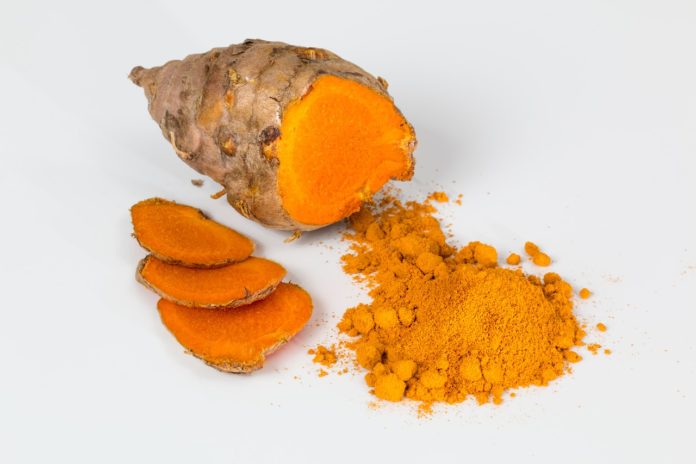Turmeric, sometimes called Indian saffron or the golden spice is a tall plant that grows in South East Asia. Turmeric that we see in our stores and spice cabinets is made up of the ground roots of the plant. Curcumin is the active ingredient in turmeric, and it has powerful biological properties and has the potential to address a variety of diseases. It belongs to a family of compounds called curcuminoids.
Curcumin is a fascinating substance which has multiple beneficial interactions with cell tissue. This means that it is able to inhibit the action of various enzymes and cell signaling pathways of importance in chronic illnesses ranging from inflammatory -related diseases to cancer.
A Weapon Against Inflammation
Inflammation is a root cause of many health conditions such as heart disease, diabetes and even cancer. Inflammation is incredibly important. it helps the body to fight foreign invaders and also has a role in repairing damage. Although acute short -term inflammation is beneficial, it can become a major problem when it becomes chronic and attacks the body’s own tissues. Inflammation has also been shown to play a role in cognitive decline [Alzheimer’s disease]. Curcumin is a highly effective anti-inflammatory, with its efficacy lying in its ability to block a molecule that activates genes related to inflammation. Turmeric has been used in India as an anti-inflammatory for thousands of years. More specifically, curcumin is believed to match the effectiveness of some anti-inflammatory drugs without the side effects.
Powerful antioxidant
Antioxidants protect the body from fee radicals. Curcumin is a potent antioxidant that can neutralize free radicals due to its chemical structure. In addition, curcumin boosts the activity of the body’s own antioxidant enzymes. A reduction in oxidative stress protects against heart disease and Alzheimer’s disease. Curcumin inhibits LDL cholesterol oxidation, which is believed to mark the beginning of the hardening of the arteries. Further study is however necessary to determine whether or not curcumin can slow down or reverse Alzheimer’s disease.
An Immunomodulatory agent
The immunomodulatory process plays an important role in the modulation of the immune system, either by enhancing or suppressing the immune response. Curcumin, the active compound of turmeric may have a pivotal role in modulating the immune system. At low doses, curcumin has been found to antibody responses, here cancer patients in particular could benefit as most anticancer drugs have immunosuppressive effects. Curcumin has absolutely no immunosuppressive effects and scientific studies show that it also restores the immune system.
Enhancing the Bio-availability of Curcumin
The challenge presented with curcumin is its poor bio-availability, which is the actual amount that is successfully absorbed in order to be effective. Taking high doses orally are not an option because of concerns of toxicity.
However, a solution to the problem of poor bio-availability can be found in a powerful curcumin extract that enhances curcumin’s absorption and beneficial effects. Traditionally turmeric is mixed with milk or butter and eaten. It can be combined with oil and applied topically to reduce pain and swelling to injured areas.
It is advisable to talk to your healthcare practitioner about ways to incorporate turmeric into your diet and curcumin into your supplement plan. This powerhouse spice can provide numerous benefits and provide a valuable component to your healthy-living plan.















